June 28 marks a historic day for Pakistan for multiple reasons. It falls just one month short of the momentous Panama Papers decision that sparked the political turmoil in 2017. But it also serves as a forewarning of more challenges ahead. Since the formation (or arrangement, for lack of a better word) of Pakistan’s Federal Government in February 2024, the country has witnessed an array of conflicts in Parliament. From disputes over reserved seats to concerns about minority representation, there has rarely been a moment of consensus as significant as when the Federal Budget for Fiscal Year 2024–25 was passed. This budget raised the defense allocation by 17.5%, bringing the total to $6.15 billion.
Contextualizing the Budget Increase
It is important to contextualize this decision. This allocation is nearly 5% of Pakistan’s foreign debt, which raises more than a few eyebrows, especially considering the precedent set by the past few years. The military’s increasing influence in the country’s political landscape has given a new angle on its role in decision-making. Not to mention the military’s accumulated wealth, including General Kayani’s private island, General Shafaat’s Manhattan apartment rivaling Nawaz Sharif’s Belgravia properties, and Qamar Javed Bajwa’s economically managed family, all of which reveal the military’s entrenched influence in the country’s economy.

With over 50 entities run by various wings of the military, it’s hard to understand why such a hefty defense budget is needed. Perhaps, it is high time that the Pakistan Army redefined its role, shifting its focus to its true calling—entrepreneurial expansion. Whether it’s the ordinance-approved Defence Housing Authorities (DHAs) or the military’s profitable ventures in food and real estate, the Pakistan Army has shown that diversification is indeed a winning strategy.
The Rise of the Defence Housing Authority (DHA)
The Defence Housing Authority (DHA), a once-revolutionary development for housing and municipal services, has since become synonymous with land-grabbing. According to columnist Irfan Husain’s report Lust for Land, the DHAs acquire land from provincial governments at minimal costs, develop it using advanced payments from officers, and sell allotment letters to civilians at significantly higher prices. In Military Inc: Inside Pakistan’s Military Economy, Ayesha Siddiqa reveals that the Pakistan Army owns around 12% of the country’s land, two-thirds of which is in the possession of senior officers. Whether it’s the illegal establishment of the Rawal Lake Club or the destruction of agricultural fields in Punjab, the military continues to assert its dominance over Pakistan’s geography.

Military Business Ventures: A New Direction?
Despite its historical failures, such as the genocide in Bengal and the inability to annex Kashmir, the Army has shown that changing direction can yield success—even for men in uniform. Enterprises like Askari Bank, Fauji Fertilizer and Cereal, Fazaia Housing Schemes, and countless others thrive under the military’s banner. These ventures, while often operating in the gray areas of tax evasion and shady advertising, share one thing in common: unity among the ranks.

While the Pakistani diaspora may struggle to enact change beyond idealistic movements, boycotting these military-run enterprises could serve as a powerful response. It would mirror the global Boycott, Divestment, and Sanctions (BDS) movement. The military’s constant thirst for power and its behind-the-scenes activities, such as the recently infamous Nurpur Milk Discount Gala, are part of a wider pattern of exploitation. In this process, Pakistan’s religious clerics have been co-opted to turn the anti-military boycott movement into a cultural battle, blending nationalism and religion to suit the military’s narrative.
The Crossroads of Pakistan’s Political Future
Pakistan stands at a crucial political crossroads. While the disappointments of the past are hard to forget, there is still an opportunity to steer the country toward something less imperial, to sideline an institution that seems trapped in a perpetual “main character” syndrome. Although it may be a daunting challenge to initiate change, perhaps it’s time we revisit the words of the iconic song:
 “Ae watan ke sajeele Genrailo; saaray ruqbey tumhare liye hain.”
[O handsome Generals of the country, all plots of land are just for you].
May the odds be with us.






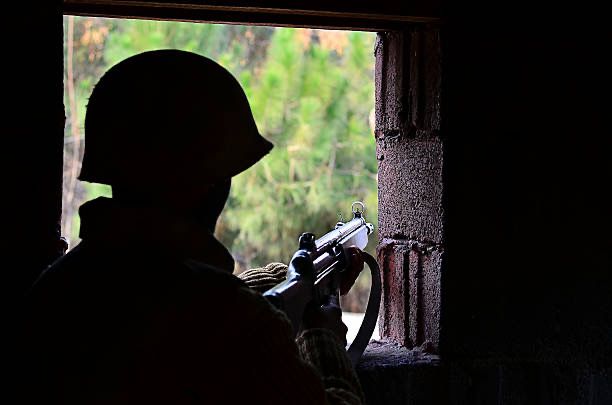
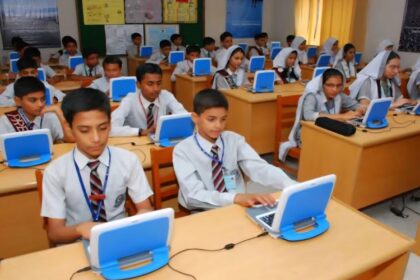
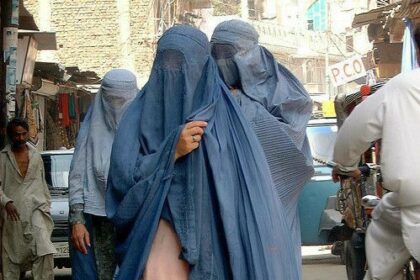
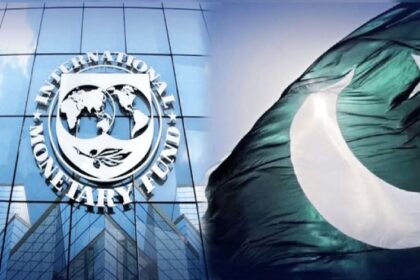
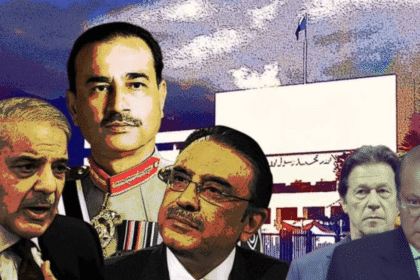
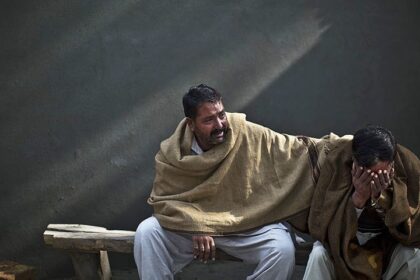





Love this!!!